Wednesday 29 Mar 2023 at 1 pm
Lecture Series: What a seed does; or, tending to paradise, however you see it
-
Sara Jacobs
Sara Jacobs is a critical landscape designer, historian and educator. Through writing and drawing, Jacobs thinks about how practices of care and socioecological relations become legible through landscape to work toward just land futures. Jacobs’s work considers how attending to the conditions that produce the need for care within historical spatial processes of racialization and settler-colonialism allows for challenging dominant environmental knowledge within contested landscapes. Jacobs is Assistant Professor of Landscape Architecture (SALA) at the University of British Columbia.
Read More
-
Desiree Valadares
Desiree Valadares is an Assistant Professor of Geography at the University of British Columbia. Valadares’ research and teaching focuses on the cultural memory and infrastructural imaginaries of the Second World War in western Canada and the non-contiguous US. In her current book project, Valadares theorizes repair through Pacific redress movements which coalesce around the preservation and stewardship of Second World War confinement landscapes in Hawai’i, Alaska and British Columbia. She draws insights from archival research, and place-based research methods including architectural drawing and photography in addition to participant-engaged methods such as landscape archaeology, gardening, and salvage at former confinement sites. Broadly, Valadares’ research contributes to ongoing debates on infrastructural repair, war reparations, Asian North American-Indigenous relations, settler colonialism and land dispossession at former Second World War confinement sites in former US territories and in western Canada.
Valadares trained as an architectural historian (Berkeley), urban designer (McGill) and landscape architect (Guelph/Edinburgh) and worked in private practice, government, and non-profits in landscape architecture, master planning, heritage conservation (Canada) and historic preservation (U.S.). Currently, Valadares holds professional affiliations with the Canadian Association of Heritage Professionals (CAHP) and is a registered landscape architect with the British Columbia Society of Landscape Architects (BCSLA).
Read More
-
Jane Wolff
Professor at the John H. Daniels Faculty of Architecture, Landscape and Design at the University of Toronto, Jane Wolff works on the premise that different people see and experience the same landscape in various ways, and her research goal is to unite these diverse perceptions into a universally comprehensible language. By generating a unique vocabulary for each landscape, she discovers and tells meaningful stories about a site’s past and present circumstances and to address its future. Wolff is the 2022 recipient of the Margolese Design for Living Prize.
Read More
Join us for a series of lectures, creating an ongoing conversation throughout The Willful Plot, an exhibition which interrogates the potential of the garden. We invite landscape architects and scholars who think beyond the garden proper, articulating the overlapping and sometimes contradictory threads of human and institutional agency, processes and narratives that shape the landscapes of the Anthropocene.
Everyone is welcome and admission is free.
Jane Wolff
Wednesday, 1 February from 1-2 pm
CANCELLED – Desirée Valadares
Wednesday, 1 March from 4-5 pm
Due to unforeseen circumstances, Desirée Valadares’s talk has been cancelled.
Sara Jacobs
Wednesday, 29 March from 1-2 pm
Image (above): Gabi Dao, The Protagonists (still), 2018. Courtesy of the artist and VIVO Media Arts Centre
Conceived and Developed by Shelly Rosenblum
-
Sara Jacobs
Sara Jacobs is a critical landscape designer, historian and educator. Through writing and drawing, Jacobs thinks about how practices of care and socioecological relations become legible through landscape to work toward just land futures. Jacobs’s work considers how attending to the conditions that produce the need for care within historical spatial processes of racialization and settler-colonialism allows for challenging dominant environmental knowledge within contested landscapes. Jacobs is Assistant Professor of Landscape Architecture (SALA) at the University of British Columbia.
Read More
-
Desiree Valadares
Desiree Valadares is an Assistant Professor of Geography at the University of British Columbia. Valadares’ research and teaching focuses on the cultural memory and infrastructural imaginaries of the Second World War in western Canada and the non-contiguous US. In her current book project, Valadares theorizes repair through Pacific redress movements which coalesce around the preservation and stewardship of Second World War confinement landscapes in Hawai’i, Alaska and British Columbia. She draws insights from archival research, and place-based research methods including architectural drawing and photography in addition to participant-engaged methods such as landscape archaeology, gardening, and salvage at former confinement sites. Broadly, Valadares’ research contributes to ongoing debates on infrastructural repair, war reparations, Asian North American-Indigenous relations, settler colonialism and land dispossession at former Second World War confinement sites in former US territories and in western Canada.
Valadares trained as an architectural historian (Berkeley), urban designer (McGill) and landscape architect (Guelph/Edinburgh) and worked in private practice, government, and non-profits in landscape architecture, master planning, heritage conservation (Canada) and historic preservation (U.S.). Currently, Valadares holds professional affiliations with the Canadian Association of Heritage Professionals (CAHP) and is a registered landscape architect with the British Columbia Society of Landscape Architects (BCSLA).
Read More
-
Jane Wolff
Professor at the John H. Daniels Faculty of Architecture, Landscape and Design at the University of Toronto, Jane Wolff works on the premise that different people see and experience the same landscape in various ways, and her research goal is to unite these diverse perceptions into a universally comprehensible language. By generating a unique vocabulary for each landscape, she discovers and tells meaningful stories about a site’s past and present circumstances and to address its future. Wolff is the 2022 recipient of the Margolese Design for Living Prize.
Read More
Related
-
Exhibition
13 Jan – 16 Apr 2023
The Willful Plot
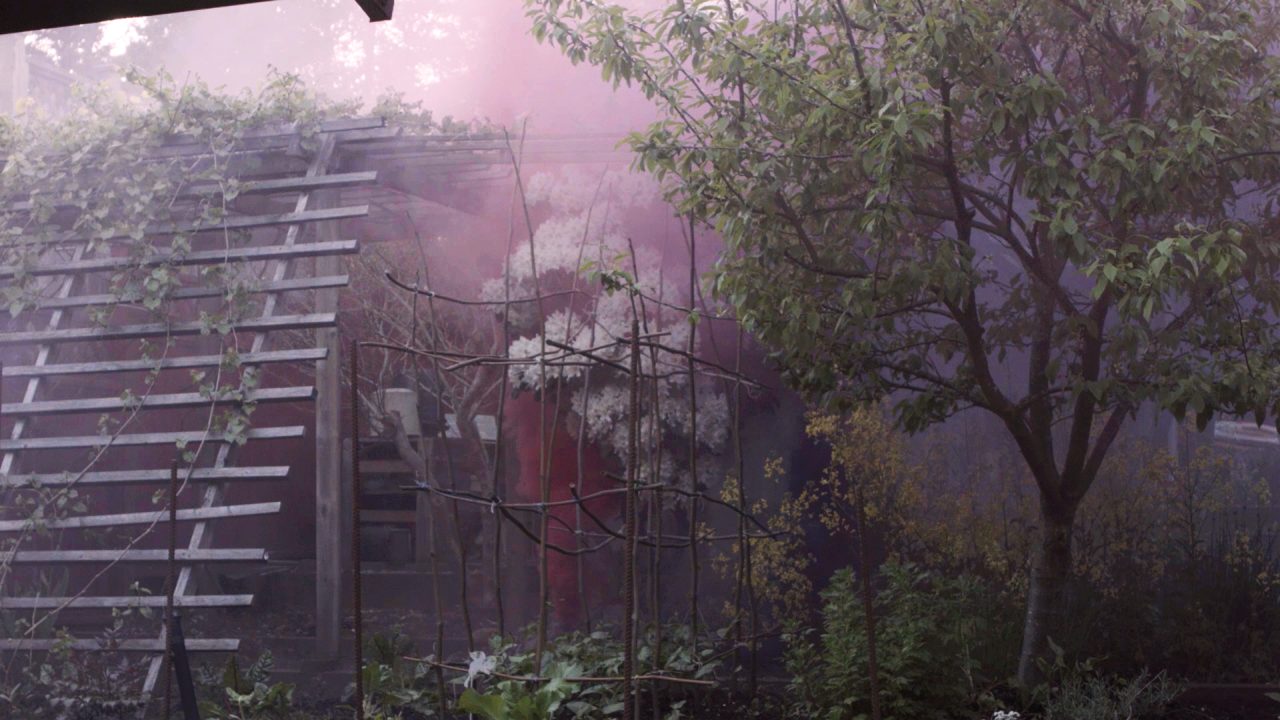
The Willful Plot brings together artists' practices to expand the notion of the garden as a site of tension between wild and cultivated, temporal and perpetual, public and private, sovereign and colonized. Here, the garden is considered by the artists not only as a delineated patch of earth, but as a story and a will to drive that story to complicate the way in which cultures and individuals see themselves in relation to ecology, sociality, belief and possibility. It is an opportunity to look at human relationships with land, flora, fauna and their interrelatedness. In its willfulness, the resistance garden is a counter-site, a heterotopia for alternative cultivation and potential transformation.
[more] -
Event
Wednesday, 12 Apr 2023 at 2 pm
Concert at the Belkin: The Willful Plot
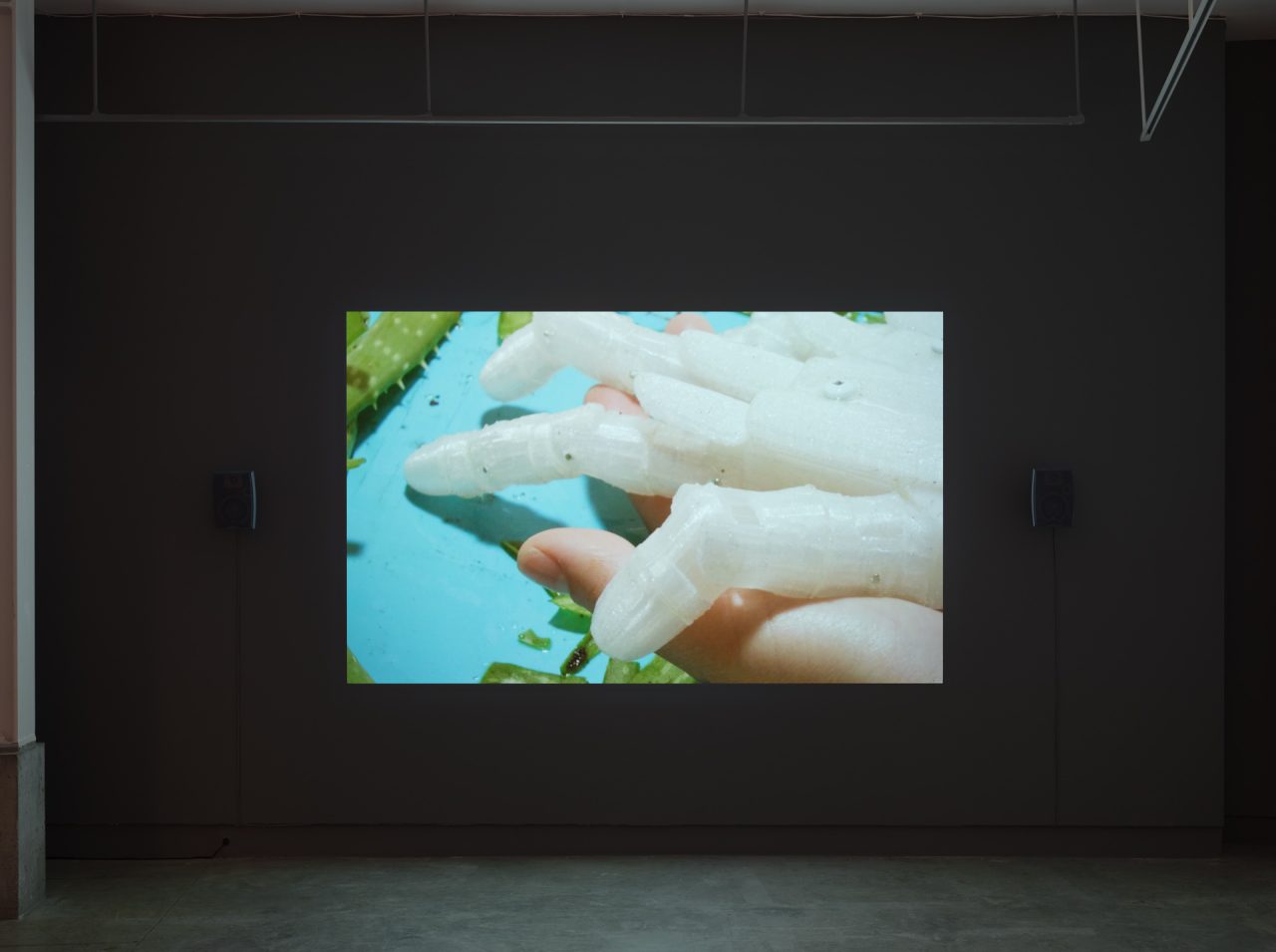
Join us for a concert by the UBC Contemporary Players directed by Paolo Bortolussi and teaching assistant Ramsey Sadaka in a program that celebrates the Belkin’s current exhibition The Willful Plot.
[more] -
Event
Sunday, 5 February 2023 at 2 PM
Tea with Glenn Lewis
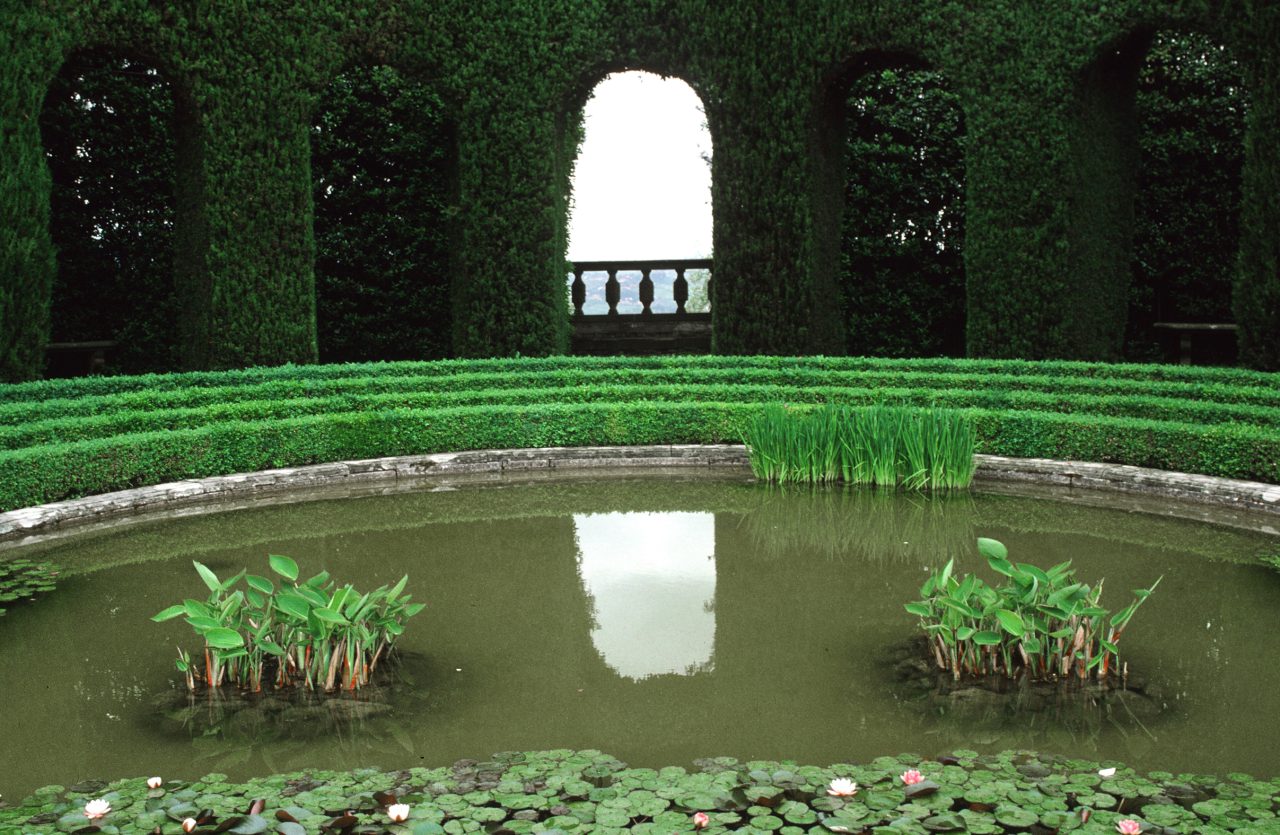
Join Glenn Lewis for a discussion of his work in The Willful Plot along with curator Melanie O'Brian. Over five decades, Glenn Lewis has photographed and created gardens in an investigation of paradisial symbolism.
[more] -
News
15 Dec 2022
Reading Room: The Willful Plot
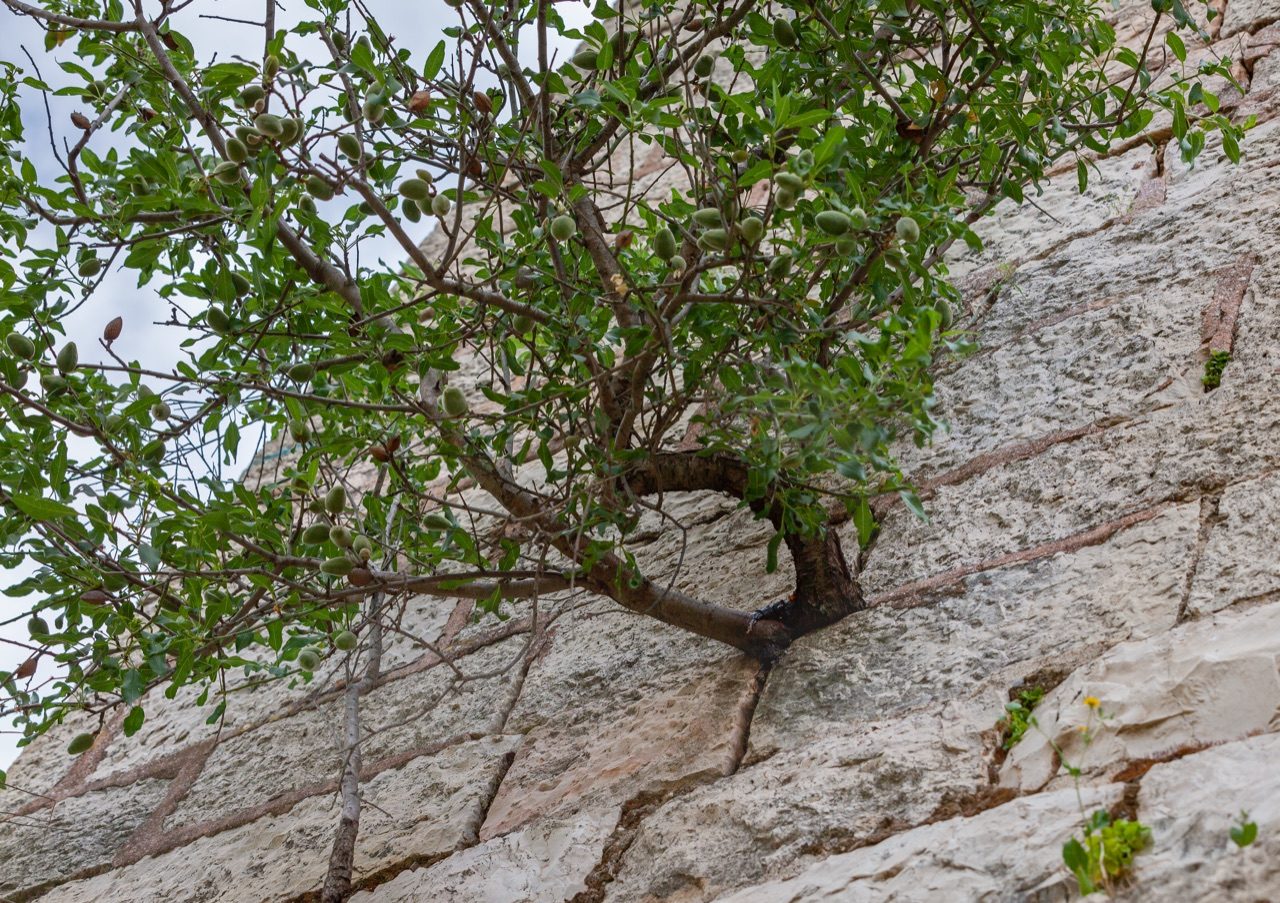
The Willful Plot brings together artists’ practices to expand the notion of the garden as a site of tension between wild and cultivated, temporal and perpetual, public and private, sovereign and colonized. This online Reading Room includes texts expanding on different notions of the garden and more-than-human relationships, as well as the political implications of thinking willfully, with and alongside.
[more] -
Event
Jan-Apr 2023
Sound Plots: The Willful Plot
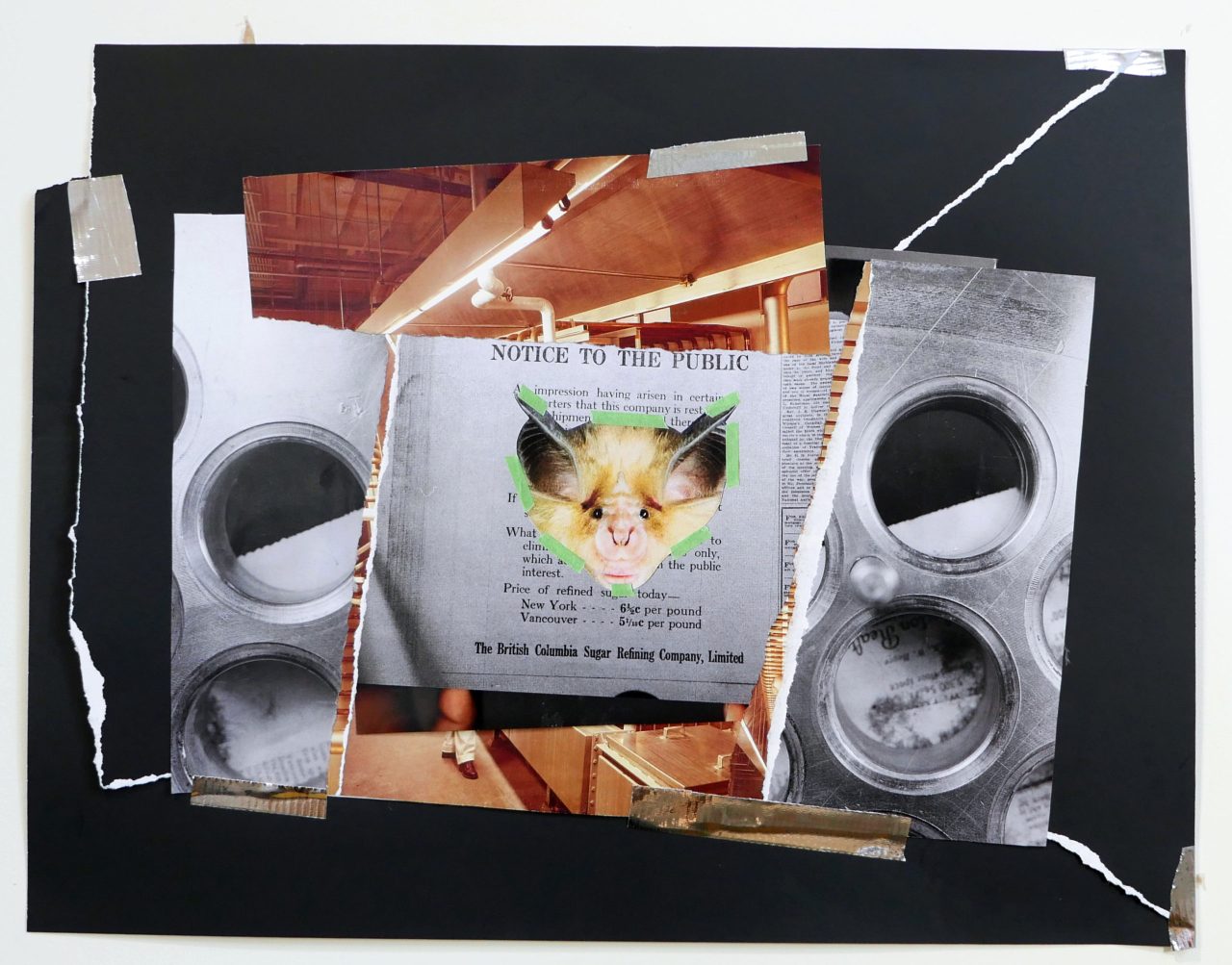
As The Willful Plot invites us to consider sites of tension through an expanded notion of the garden, Sound Plots considers these intersections of site, human and nonhuman ecologies through sound.
[more]